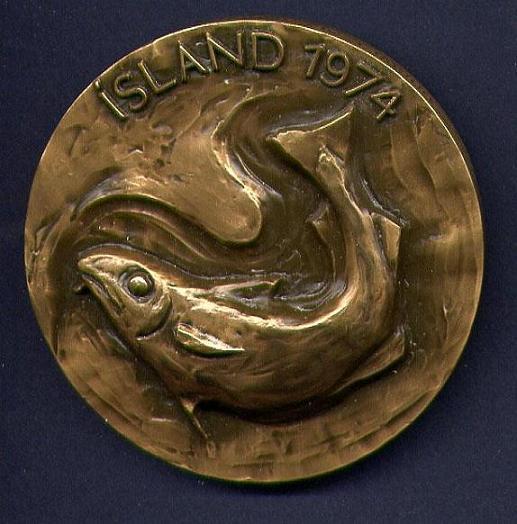Buried Beneath Moscow's Submarine "Exchange" Visits
 It is very important that the United States does not forget that Russia has a navy, Adm. Vladimir Masorin, Russian naval commander-in-chief, said recently. Masorin added that Russia's Navy command had invited the U.S. Navy to exchange submarine visits, but the U.S. had declined.
It is very important that the United States does not forget that Russia has a navy, Adm. Vladimir Masorin, Russian naval commander-in-chief, said recently. Masorin added that Russia's Navy command had invited the U.S. Navy to exchange submarine visits, but the U.S. had declined.Submarines are stealth platforms. What will Russia do next, extend invitations for the CIA's undercover spies to visit the Kremlin in another innocent exchange program? Does Russia expect us to forget she has an assortment of customers who are either avowed U.S. enemies or military technology trading partners with them? Participant spies would be subject to all manner of surveillance, identification and tracking techniques that could jeopardize their security later. That much is too obvious.
Masorin called for U.S. signature on a 14-nation agreement to prevent incidents at sea, RIA Novosti reported. The United States has been reluctant to sign, he said. Some incidents at sea have been considered necessary and intended, as Adm. Masorin well knows.
How can Russia be trusted? After the Polonium poisonings in the U.K. and Thallium poisonings of two U.S. tourists in Moscow last month, what reception could elements of the United States Silent Service expect from port visits?
We would now like to sign agreements to ensure submarine navigational safety, Adm. Vladimir Masorin said. Is the Russian admiral making a veiled threat to our submarines (shades of the Cold War)? We can guess that his so-called navigational safety agreement calls for advanced filing of navigation plans prior to entering certain sensitive waters.
Of the agreement's signatories most lack serious submarine espionage capabilities. Can we guess that China and North Korea have signed it?
Labels: submarine polonium thallium poisoning veiled espionage


0 Comments:
Post a Comment
<< Home